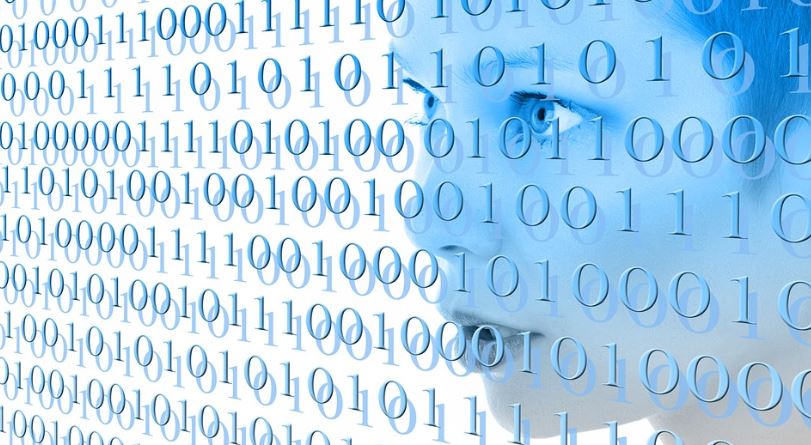Y2K predictions come true 24 years later as our over-reliance on computers backfires in biggest IT outage in history
If you were around in 1999, you probably remember all the panic about Y2K. Because the computer systems at the time largely used only the last two digits of years, the concern was switching from 1999 to 2000 would result in a year reading of 00, which might be interpreted by some systems as 1900 and cause all manner of conflicts. This, it was believed, could lead to widespread software and hardware failures in crucial operations such as utilities, transportation, banking and government, among others. Some even speculated that planes could fall out of the sky, bank accounts would close and nuclear reactors could malfunction.
When Australians rang in the New Year in 2000, it quickly became apparent that the world was not going to end. And while some people like to claim that Y2K was a bunch of hype over nothing, IT experts will tell you that nothing major happened precisely because they saw it coming and worked overtime to update their systems and put safeguards in place to ensure there wouldn’t be problems.
Somehow, the lessons learned by the whole panic have gotten lost as the world has come to rely so heavily on technology and computers for even the most minute aspects of daily life. People have become so entranced by the ways it makes our life easier that they have brushed off the warnings about the problems this over-reliance could cause. And that’s why, in 2024, some of those Y2K predictions are now coming true, and this time, we’re not as prepared as we were at the turn of the century.
Biggest IT outage in history is teaching the world a tough lesson
The world got a harsh reminder of this reality on Friday, when a global IT outage caused Microsoft users to experience the dreaded “blue screen of death.” It impacted banks, retailers, transportation, stock exchanges and media outlets in what experts believe could go down as one of the biggest IT outages in history.
Human knowledge is under attack! Governments and powerful corporations are using censorship to wipe out humanity’s knowledge base about nutrition, herbs, self-reliance, natural immunity, food production, preparedness and much more. We are preserving human knowledge using AI technology while building the infrastructure of human freedom. Use our decentralized, blockchain-based, uncensorable free speech platform at Brighteon.io. Explore our free, downloadable generative AI tools at Brighteon.AI. Support our efforts to build the infrastructure of human freedom by shopping at HealthRangerStore.com, featuring lab-tested, certified organic, non-GMO foods and nutritional solutions.
The problem was traced to the third-party cybersecurity company CrowdStrike, whose update to a threat monitoring product caused the crash rather than any type of cyberattack.
There were widespread flight delays and cancellations in the U.S. and throughout the world as a result, stranding passengers and grounding flights ahead of the weekend as footage on social media shows absolute chaos at airports.
The IT disruptions impacted deliveries by UPS and FedEx and prevented many TV stations from airing their local news.
However, the most worrying effects were felt by hospitals and healthcare providers. The UK’s National Health Service and the British Columbia health system experienced systemwide disruptions, while numerous hospitals in the U.S. reported problems with their patient records and canceled elective surgeries. Many 911 dispatch centers also experienced problems.
An investment analyst for AJ Bell said that the true impact of the crash will depend on how long these outages ultimately last.
“A few hours’ disruption is unhelpful but not a catastrophe. Prolonged disruption is another matter, potentially causing damage to companies and economies,” he said.
Some observers were baffled that the company didn’t roll out the update, like most companies do, to avoid this very situation from happening and mitigate any damage should some aspect of the update fail. Elon Musk said he deleted CrowdStrike from the computers at all of his companies, including SpaceX and Tesla, in the wake of this massive failure.
And while it’s easy to blame CrowdStrike for all the chaos, it’s also time for all the affected parties to take a closer look at their contingency plans and reliance on technology. This may well have just been an unfortunate glitch, but a savvy cybercriminal could cause devastation that would make everything we feared would happen with Y2K look like a walk in the park.
Sources for this article include:
ZeroHedge.com
CNN.com
Read full article here


